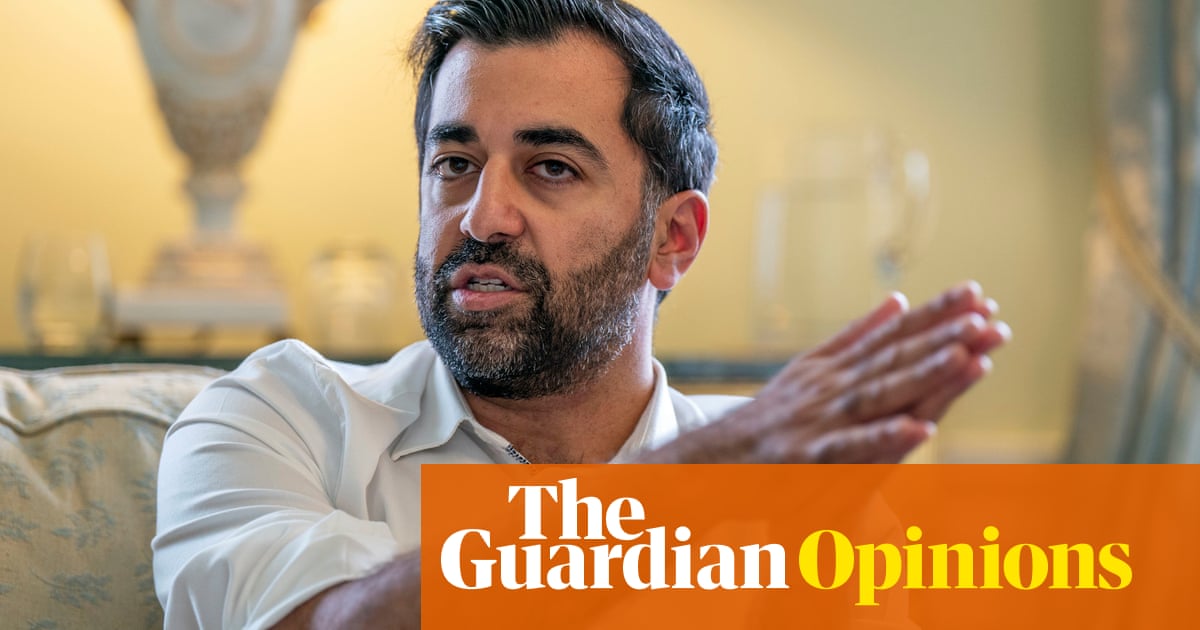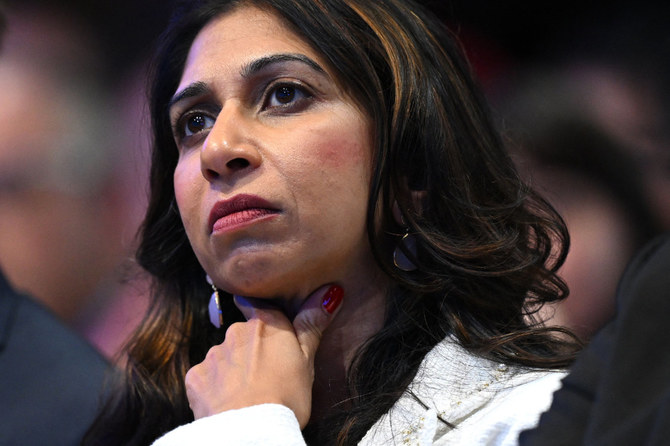
The department store beauty hall is facing a fight for survival: the pandemic has accelerated the shift to buying cosmetics, skincare and other pampering products online, and a growing number of sales are now via a smartphone rather than over the counter.
Manicured sales assistants, testing pots and makeovers are being replaced by powerful influencers and digital beauty halls that can switch up the products on offer at the tweak of an algorithm.
Where once established brands such as L’Oréal, Clarins and Mac dominated the market, they now face heavy competition from a plethora of upstarts, which can quickly rise and fall on waves of social media interest.
Large luxury fashion brands and e-commerce groups have whipped out their credit cards and are throwing big sums at the problem. A succession of buyouts and joint ventures with celebrities, influencers and online sellers is creating a new generation of cosmetics millionaires, and in some cases, billionaires. Many are women, and what they have in common is an understanding of how to secure attention – and sales – in a noisy, fast changing market.
The shift was highlighted this week by the £275m acquisition of Cult Beauty, which handed the co-founders, the former management consultant Jessica DeLuca and onetime model Alexia Inge, a £70m payday. That deal followed swiftly on the heels of the French cosmetic group Sephora’s takeover of another British startup, FeelUnique, in a deal valuing the UK company at £132m.
On Wednesday, Forbes magazine declared the signer Rihanna a billionaire, after placing a $2.8bn (£2bn) value on her Fenty Beauty cosmetics empire.
One of the most successful performers of her generation, thanks to hits such as Umbrella, Rihanna’s sideline business has become her most valuable. She owns 50% of Fenty, which has already achieved sales of $550m since its launch in 2017. Her partner is the French luxury goods group LVMH, the owner of brands including Louis Vuitton and Marc Jacobs.
Puig, the owner of Paco Rabanne and Nina Ricci, is taking control of the celebrity makeup artist Charlotte Tilbury’s eponymous brand in a deal thought to have valued the UK company at up to £1bn.
Kylie Jenner, the youngest member of the Kardashian-Jenner reality-TV family, became the world’s youngest billionaire in 2019 at 21 thanks to the success of Kylie Cosmetics, the makeup company which was bought out by the global beauty company Coty.
Tony Brown, the managing director of the department store chain Beales, which is reviving itself after a falling into administration last year, said sales in its beauty halls had been declining by about one-fifth each year before the collapse.
The group’s reinvented stores have chucked out the big brand cosmetics and face creams, although they continue to sell fragrances, because younger generations had a completely different approach to buying beauty products than their parents, said Brown.
“My younger daughter is 24 and she would never go into a department store to buy colour [cosmetics]. She would go online and look at an influencer and what’s happening on Instagram or TikTok and then go to a new online operator,” he added.
The pandemic has also shifted what Britons spend their money on in an unexpected way.
In former times of economic difficulty, small treats such as cosmetics did well, prompting the term “lipstick index”. In the past 18 months, that term has looked outdated, with cosmetics, and particularly lipstick, taking a hit as mask wearing and working from home have replaced nights out and trips to the office.
The rise of video-conferencing and evenings at home has instead boosted sales of skincare, luxurious ointments and soaps as people choose to pamper themselves. Attempts to combat the prospect of “Zoom face”, whereby lines and imperfections seem more apparent, have also fuelled a skincare market that was already benefiting from a shift to a more natural aesthetic.
Changes were afoot well before Covid-19 emerged, but the pandemic has accelerated existing trends as women, and men, were forced to rethink their routines and purchasing patterns by repeated high street lockdowns and the shift to spending time at home. The closure of the department store chain Debenhams, a key player in the UK beauty market, has also forced some consumers to look elsewhere.
Meanwhile, the shutdown of most international travel has hit the once mighty duty-free trade, again increasing the importance of online sellers.
Samantha Dover, a global beauty analyst at the market research group Mintel, said the changes marked “a turning point in an industry that has historically been heavily reliant on store-based spending.
“This heightened comfort with online, means brands have more touchpoints than ever before to engage with shoppers, presenting opportunities to utilise the vast array of online selling methods, such as livestreaming, shoppable TV and direct selling through social media.”
The online beauty and personal care market in the UK more than doubled in size between 2015 and 2020 to £1.9bn, and Mintel is predicting only a slight reversal as more high street stores reopen. This year. £1.8bn is expected to be spent online, about 9% of an overall £20bn market.
Anita Balchandani, a UK partner at the consultancy McKinsey & Company, said that in the longer term, beauty was likely to follow other categories such as fashion in shifting even further online. She suggested as much as half of all sales could eventually come via a phone or laptop.
“There is much more headroom for growth in this category online,” Balchandani said.
As online sales rise, she believes more local retail beauty outlets will spring up with products carefully edited to suit a neighbourhood catchment with personal services alongside.
“I wouldn’t rule out the relevance of stores as an element for trial and experience but digital is catching up,” she said.












